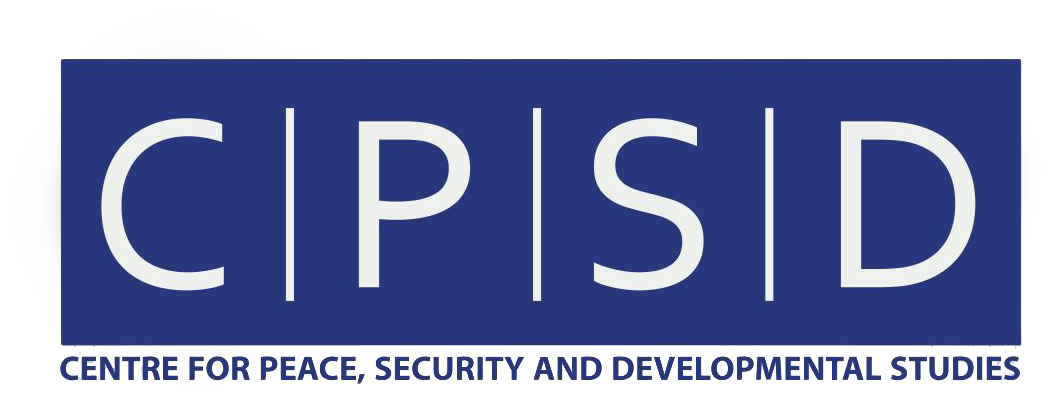National Seminar: "Silver Lining – Evolving Opportunities for Pakistan"
Date: 30 March 2018
Location: Movenpick Hotel, Karachi
Organized by: Centre for Peace, Security and Developmental Studies (CPSD)
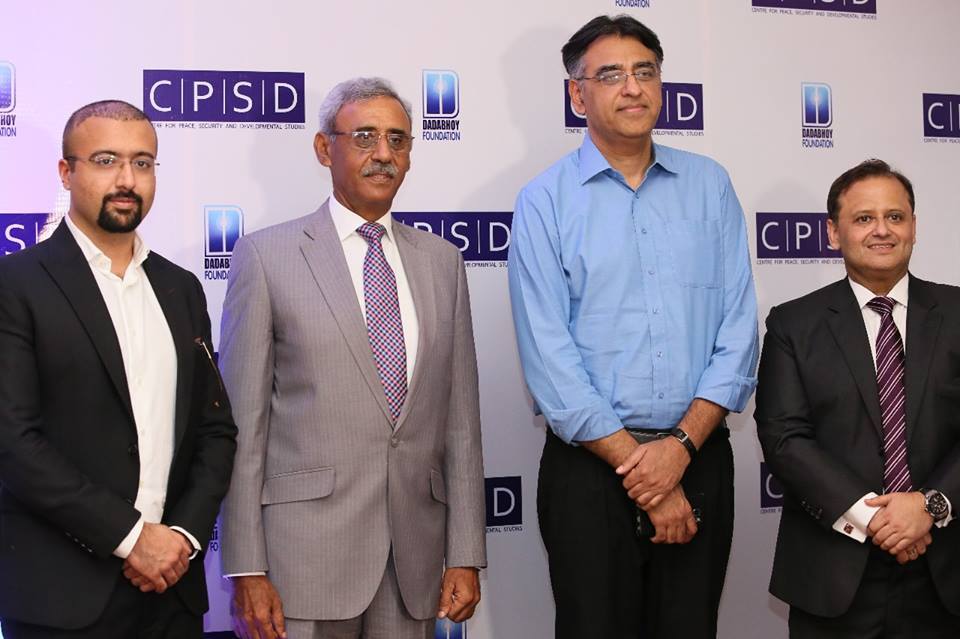
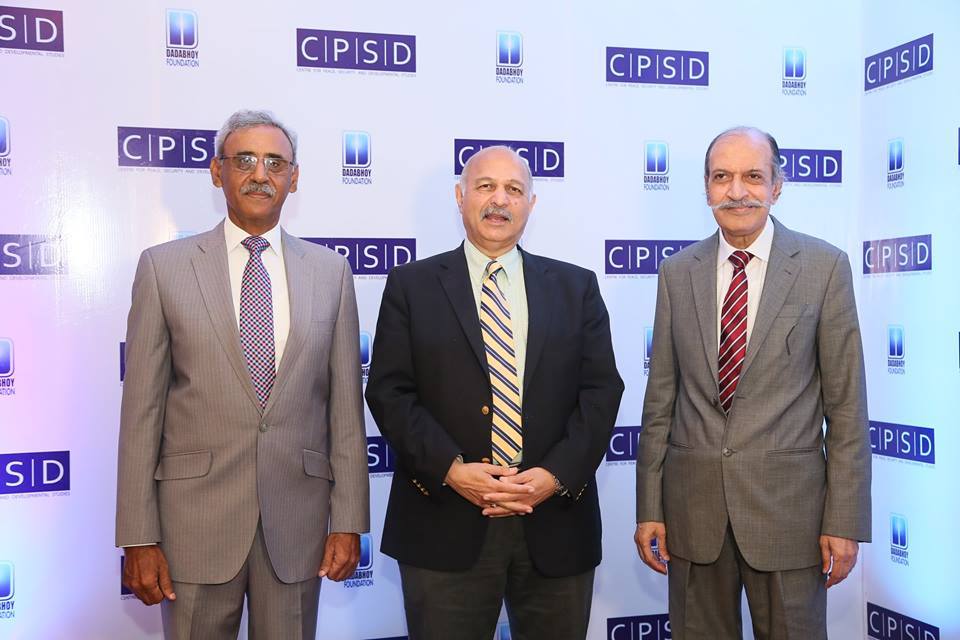
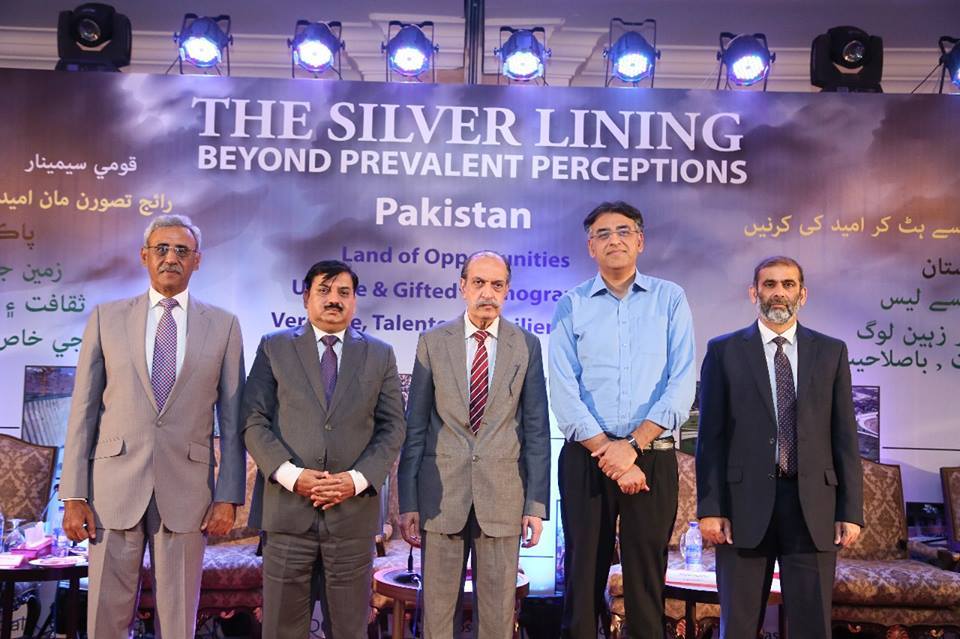
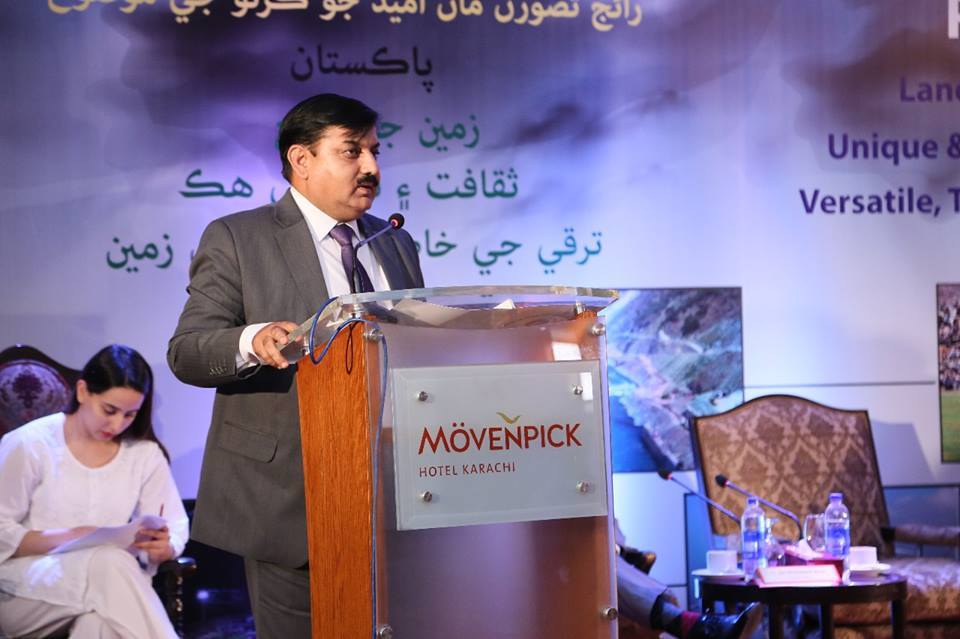
Overview
The Centre for Peace, Security and Developmental Studies (CPSD) concluded its “Silver Lining” series with a national-level seminar exploring emerging opportunities for Pakistan in domains such as economy, diplomacy, culture, environment, and infrastructure. The event aimed to cultivate optimism, counter mainstream negative perceptions, and galvanize national efforts toward economic progress and development.
This seminar followed two earlier roundtables on the same theme and was designed as the culmination of those discussions. CPSD brought together a high-level panel of diplomats, academics, policy experts, armed forces officers, and politicians. The audience comprised civil society members, entrepreneurs, students, and members of the business community.
Key Themes and Presentations
Opening Remarks
Mr. Abdullah Dadabhoy – Chairman, CPSD
He emphasized the Foundation’s commitment to academic excellence and critical thinking. He outlined CPSD’s vision of projecting optimism and enabling national progress through socio-economic discourse.
Session 1: Strategic Opportunities in a Changing Global Order
Sardar Masood Khan – President, Azad Jammu & Kashmir
Topic: Changing World Order and Emerging Opportunities & Challenges for Pakistan
He discussed the age of global revisionism and the implications of the U.S.’s isolationist foreign policy, emphasizing the rise of China and Russia. He advocated for Pakistan to develop maritime and service industries and adopt a triangular diplomacy involving the U.S., China, and Russia.
Senator Mushahid Hussain – Chairman, Pak-China Institute
Topic: Geostrategic Alliances in South Asia
Senator Hussain noted Pakistan’s pivot away from Western-centric alliances toward Asia, citing CPEC and Gwadar’s development. He envisioned a new era of Asian leadership and stressed people-to-people exchanges between China and Pakistan.
Dr. Salman Shah – Former Finance Minister
Topic: One Belt One Road: Translating CPEC for Socio-Economic Boost
Dr. Shah discussed urbanization trends, Pakistan’s youth bulge, and the importance of a national logistics framework. He suggested forming the National Integrated Logistics and Transportation Authority (NILTA) and emphasized public-private collaboration.
Dr. Sania Nishtar – Former Health Minister
Topic: How to Tap the Silver Lining
She advocated for investment in human development and strategic planning to align with global Sustainable Development Goals (SDGs). She emphasized population control, public policy reform, and institutional transformation.
Dr. Ashfaque Hasan Khan – Dean, School of Social Sciences, NUST
Topic: Pakistan’s Sustainable Economic Growth: The Missing Piece
He critiqued Pakistan’s reliance on IMF programs and emphasized the need for human capital investment to convert the population bulge into a strength.
Mr. Javed Jabbar – Former Federal Information Minister
Topic: Mind Control, Narratives, and Perception Management
Mr. Jabbar discussed the role of diverse narratives in society, the impact of social media, and proposed investment in cultural diplomacy and the film industry for improving Pakistan’s global image.
Mr. Asad Umar – Member, National Assembly
Topic: Restructuring Administrative and Governance Structures
He called for decentralization, inclusivity in politics, and local government empowerment. He emphasized CPEC as a catalyst for socio-political transformation.
Session 2: Infrastructure and Logistics for National Growth
Lt. Gen. Muhammad Afzal – Commander, FWO
Topic: Transforming Infrastructure for Socioeconomic Development
He discussed infrastructure gaps, including transit systems, education, and energy. He highlighted how logistical inefficiencies can cause GDP losses and advocated for education and technical training.
Maj. Gen. Mushtaq Ahmed Faisal – DG, NLC
Topic: CPEC Logistics: Opportunities, Challenges and Way Forward
He emphasized upgrading the traditional transportation system and highlighted NLC’s role in dry ports, border terminals, and CPEC-related logistics.
Interactive Discussions
The seminar featured interactive sessions where audience members engaged speakers on governance, education, CPEC transparency, and regional trade. Key concerns included ensuring transparency in CPEC execution and maximizing public benefit.
Concluding Remarks
Lt. Gen. Agha M. Umer Farooq (Retd) – President, CPSD
He addressed the evolving nature of peace and conflict in the 21st century, including non-kinetic warfare, perception management, and cyber threats. He warned against the unchecked rise of capitalism fueling conflict and emphasized the need for strategic deterrence and national self-reliance. He concluded by asserting that despite challenges, Pakistan is on a path toward re-emergence — a true silver lining on the horizon.
Participating Audience
Diplomats and foreign policy experts
Academics and researchers
Entrepreneurs and business leaders
Civil society, students, and media representatives
